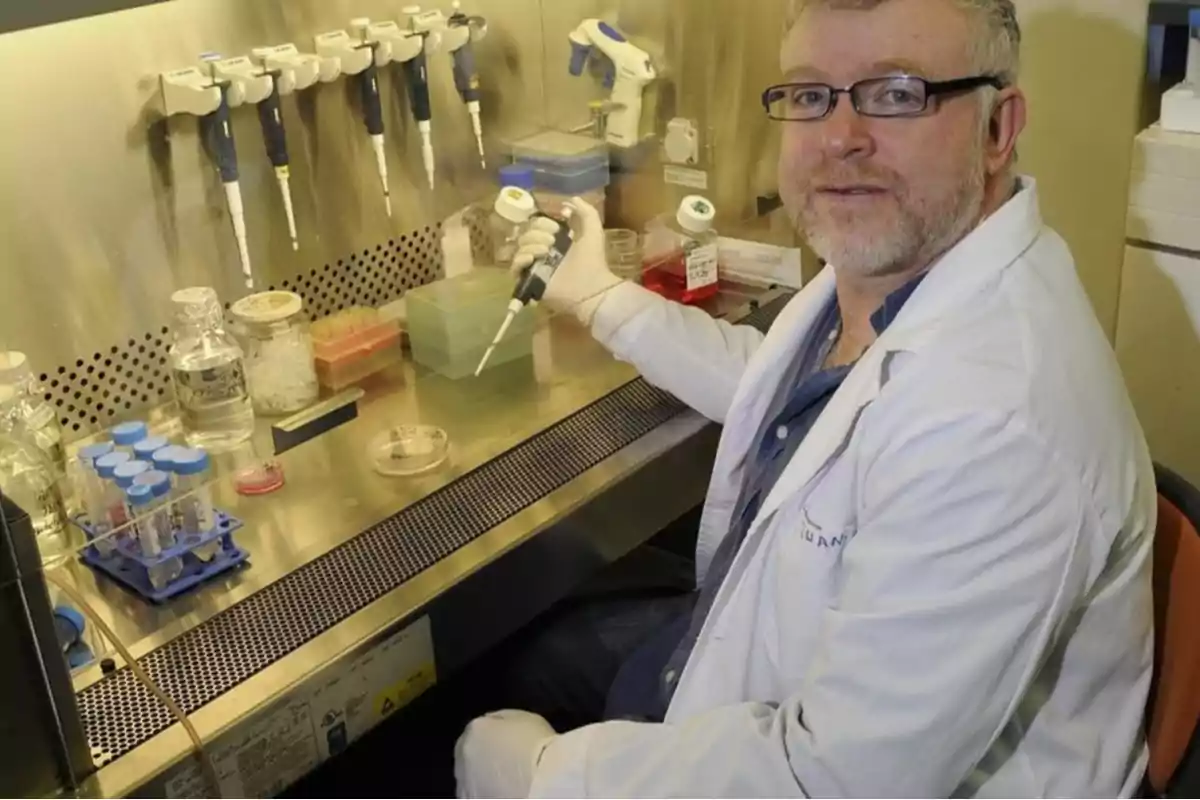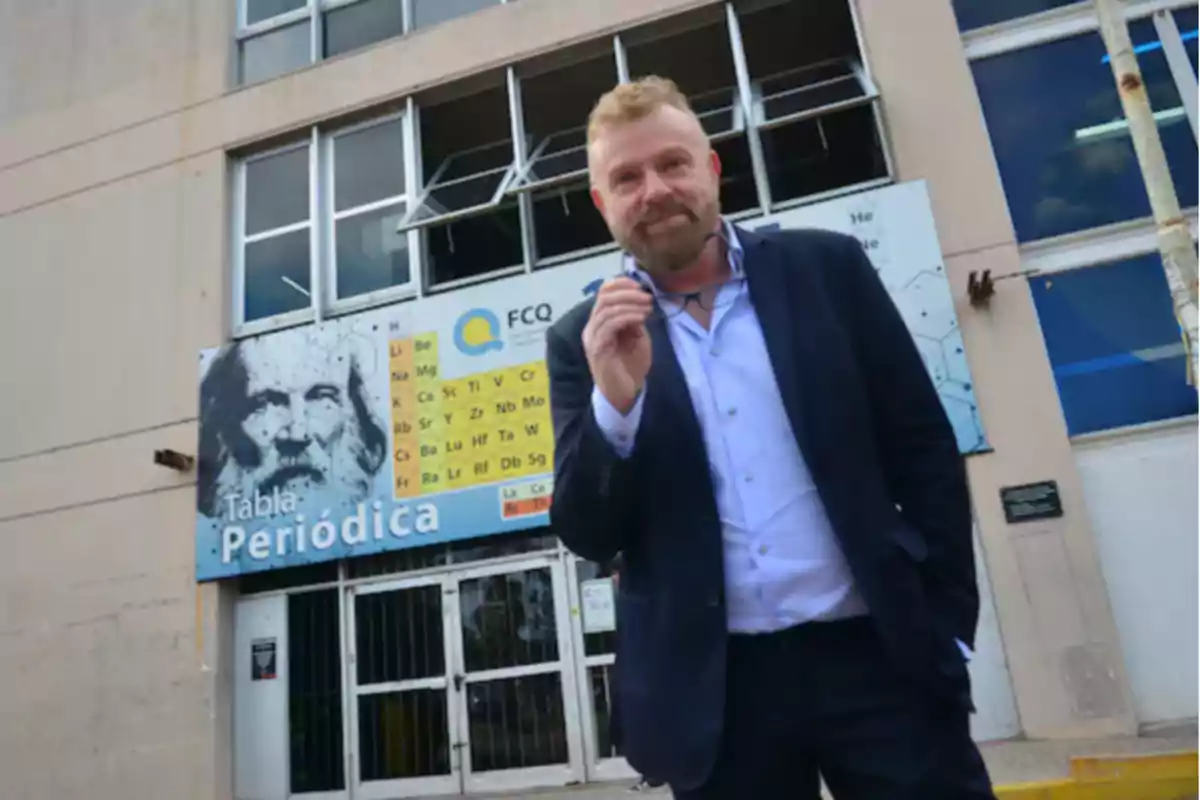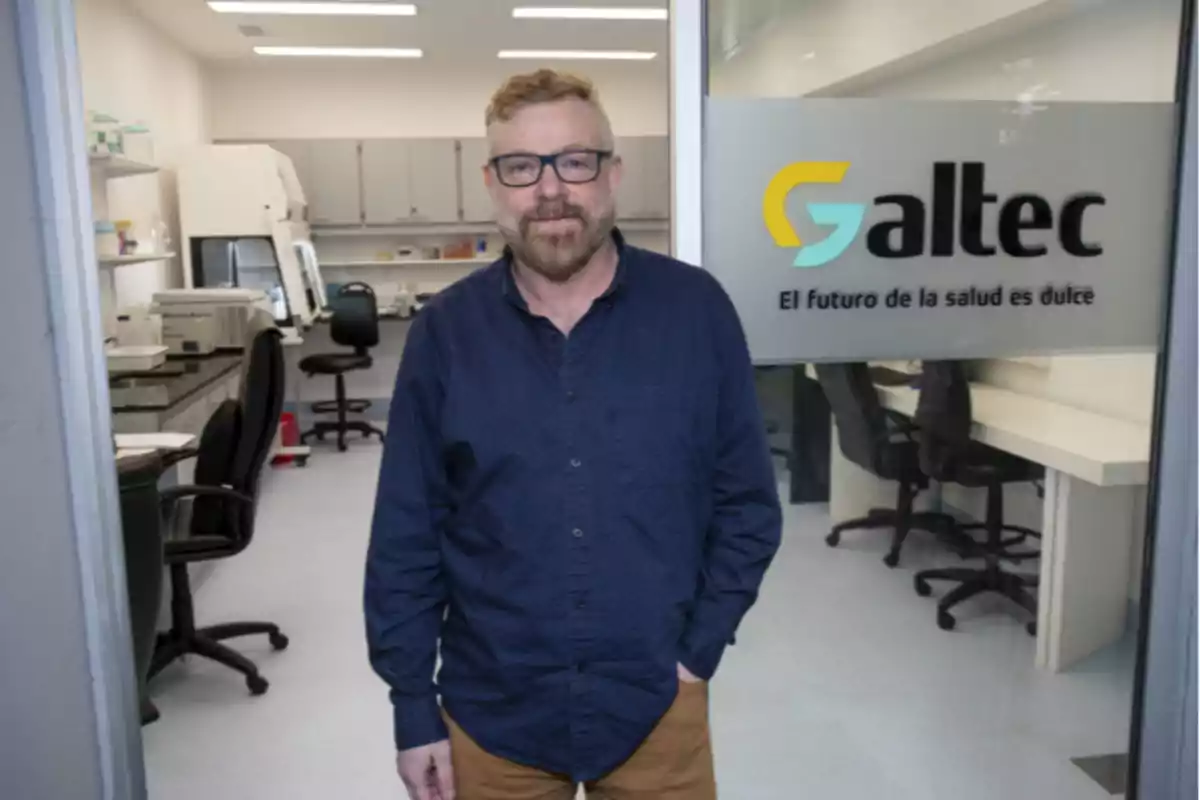
An Argentine scientific team achieves a key breakthrough in the fight against cancer
From Córdoba, an immunological technology has been developed that could improve cancer treatments on a global scale
The team led by scientist Gabriel Rabinovich achieved a significant breakthrough in medical research against cancer. The results were published in the prestigious journal Cell, where the creation of an antibody that neutralizes the Galectin-1 protein is detailed. This protein is key in tumor development, as it allows tumors to evade the immune system and stimulates the formation of blood vessels that feed them.
The research was carried out at the Institute of Biology and Experimental Medicine (Ibyme) in collaboration with the National University of Córdoba. The antibody was successfully tested in animal models with melanoma, lung cancer, and colon cancer, showing a remarkable reduction in tumor size. The breakthrough is considered promising and raises expectations of translating these results into future therapies for humans.
The development required more than a decade of work and coordination among different research groups, both national and international. The antibody works by blocking the immunosuppressive effects of Galectin-1 and allows the immune system to attack tumor cells more effectively. In addition, its use in combination with other treatments improves therapeutic efficacy, opening new possibilities in the approach to different types of cancer.

A key protein in tumor development
Galectin-1 is a protein produced by many tumors to evade the action of the immune system. According to the scientific article, this molecule not only allows the tumor to protect itself, but also promotes the growth of blood vessels that nourish it. In previous studies, Rabinovich's group had already identified its leading role in the tumor environment, but now they have managed to create a specific antibody capable of blocking it.
Laboratory tests showed that mice treated with the new antibody exhibited a significant reduction in tumor size. In addition, T lymphocyte activation was observed, which is essential for fighting cancer cells. This type of response suggests that the antibody has the potential to enhance existing immunotherapies, which could improve clinical outcomes.

International projection and next steps
After the publication in Cell, the discovery sparked interest in the international scientific community. The team's next objective will be to initiate clinical phases that will allow the efficacy and safety of the treatment to be evaluated in human patients. To achieve this, regulatory steps must be overcome and large-scale production of the antibody under pharmaceutical standards must be ensured.
The development of this type of biotechnology positions Argentine scientific research at the forefront of immunotherapy against cancer. If clinical trials are successful, this antibody could become a therapeutic tool with a major global impact in the treatment of resistant tumors.
More posts: